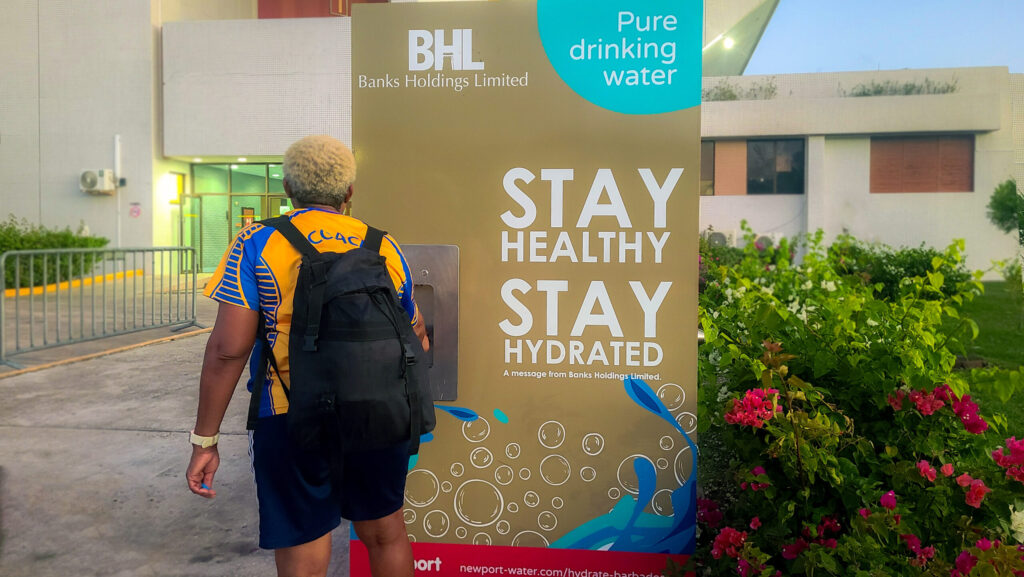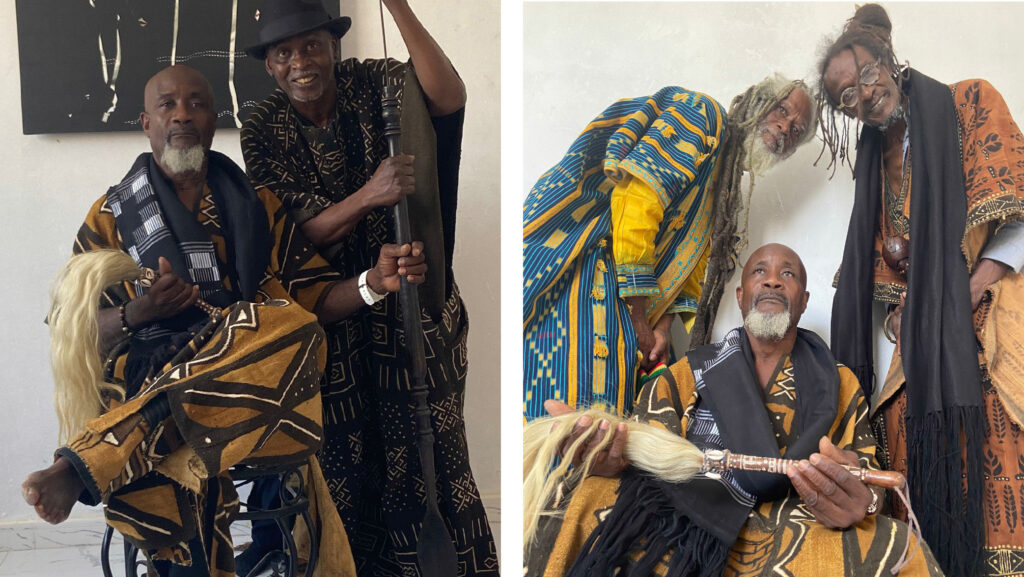October 13 was the keenly contested Spirit of the Nation Parish Talent Finals. The finals of the Richard Stoute Teen Talent and Richard Stoute Over 21 competitions were last weekend. The weekend before that was the staging of the NIFCA Performing Arts Finals in music, dance and theatre arts.
Last week, too, was the launch of the island’s lone superstar and national hero The Right Excellent Robyn Rihanna Fenty’s cosmetic line here in Barbados.
At each of the above locally-stage events, the general view from those in attendance, the media reviews and the social media audience was that there is great talent in Barbados.
Those paying close attention would realise that there were some recurring names in the three competitions mentioned previously. The standard of the Richard Stoute Teen Talent Contest this year was lauded by both the director Kevin Stoute, son of the legend, and by reviewers. From all accounts, a greater level of professionalism was added to the show, which also saw a live band backing the singers. Both categories were keenly contested with singers doing all genres of music. Their range and vocals were impressive. Likewise, at NIFCA, but with more talent being showcased among the juniors.
At the Spirit of the Nation show, contestants displayed diverse talents which included spoken word, dance and singing. At the end of the night, the mother-and-son duo of Kimberley and Kadarius King came out on top. The two were also finalists in the Richard Stoute competitions.
What does all that have to do with Bajan girl and billionaire Rihanna’s launch?
When first discovered by Evan Rogers in 2005, Rihanna also loved to sing.
Her mother Monica Fenty told the media that up to that point, her 16-year-old had only sung for friends, family, and at the Power In The Blood Assembly in Kew Road, Bank Hall, St Michael. She also sang at the Combermere pageant in 2014 when she was crowned Miss Combermere. She was part of a trio of classmates that auditioned for Rogers. She was 15 at the time.
Rogers and his wife made arrangements for the teenager to go to the United States and, as the saying goes, the rest was history.
“We put her into the studio to record a few songs and she showed such poise, such great instincts and natural ability, to get in there and adapt amazingly quickly for her age,” Evans said at the time.
“We also wanted to assess her attitude because sometimes you can find a talented young singer but they don’t have the hunger and passion for music, for singing in this business. It became pretty clear to us that she has all of those things. She loves the whole process of recording. In the music business, you often meet young people who can sing but who don’t speak very well.”
Turns out he wasn’t the only one who thought so. Def Jam executives and producers, including Jay-Z, perhaps the biggest name in hip-hop music, and Jay Brown, the label’s executive vice-president, also felt she was the real deal.
Rihanna then went on to drop record after record, topping charts, touring heavily, winning awards and making millions. She diversified and became an entrepreneur branching out into fashion and cosmetics.
All who spoke about her in the early years said she was the total package, which made it possible to create the current best-selling female recording artiste of the 21st century – according to the Guinness World Records – and the second wealthiest female musician in the world.
However, next year will mark 20 years since the little girl from Westbury, St Michael, started her rise to stardom. In that time, what have we done to ensure that another 20 years do not go by without us having another world-acclaimed talent on stage?
There has been talk of exporting our music, but apart from that do we engage talent scouts overseas to come to hear and see our local talent? Are we trying to bridge the gap between our standards and international standards?
Taking a contingent of artists overseas is one thing, but if they are not impactful enough to have a permanent and dominant space on the world stage, we should ask ourselves ‘why?’. Performing in nightclubs and a few sold-out shows is commendable but how do we use the example and legacy of Rihanna to get that next breakthrough in Bajan talent?
At the height of the Barbados Schools Athletic Championships, athletic scouts are looking to offer scholarships to top performers. Maybe it is time to engage talent scouts to identify potential at an early age on stages such as NIFCA and the Junior Monarch Competition and even at community karaoke events so work can be done at a young age.
After all, before 2005, no one would have imagined that a 15-year-old from Barbados would have become the world’s next biggest thing in entertainment and then take leaps and bounds to become an accomplished businesswoman.
The post How will we take local talent to the next level? appeared first on Barbados Today.


